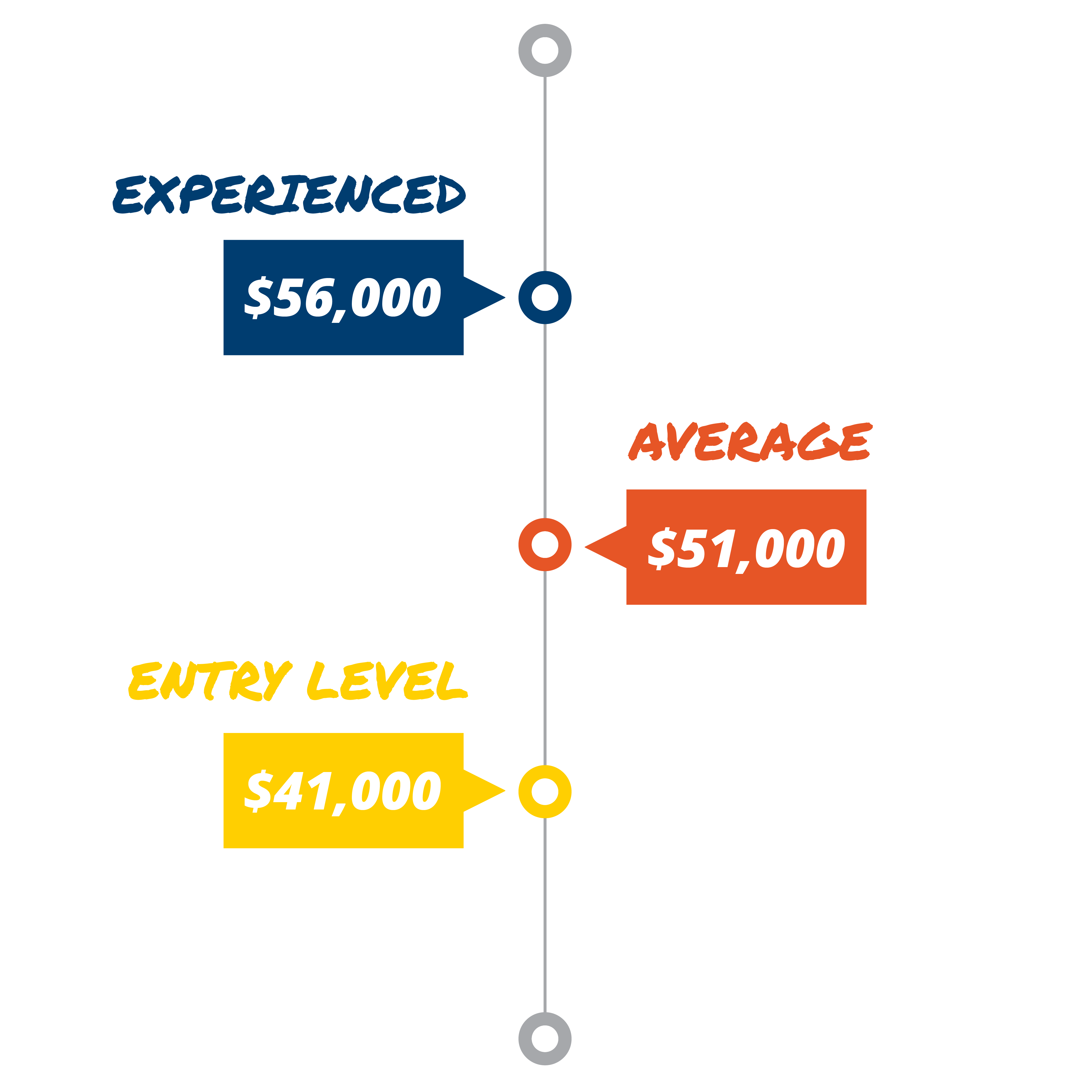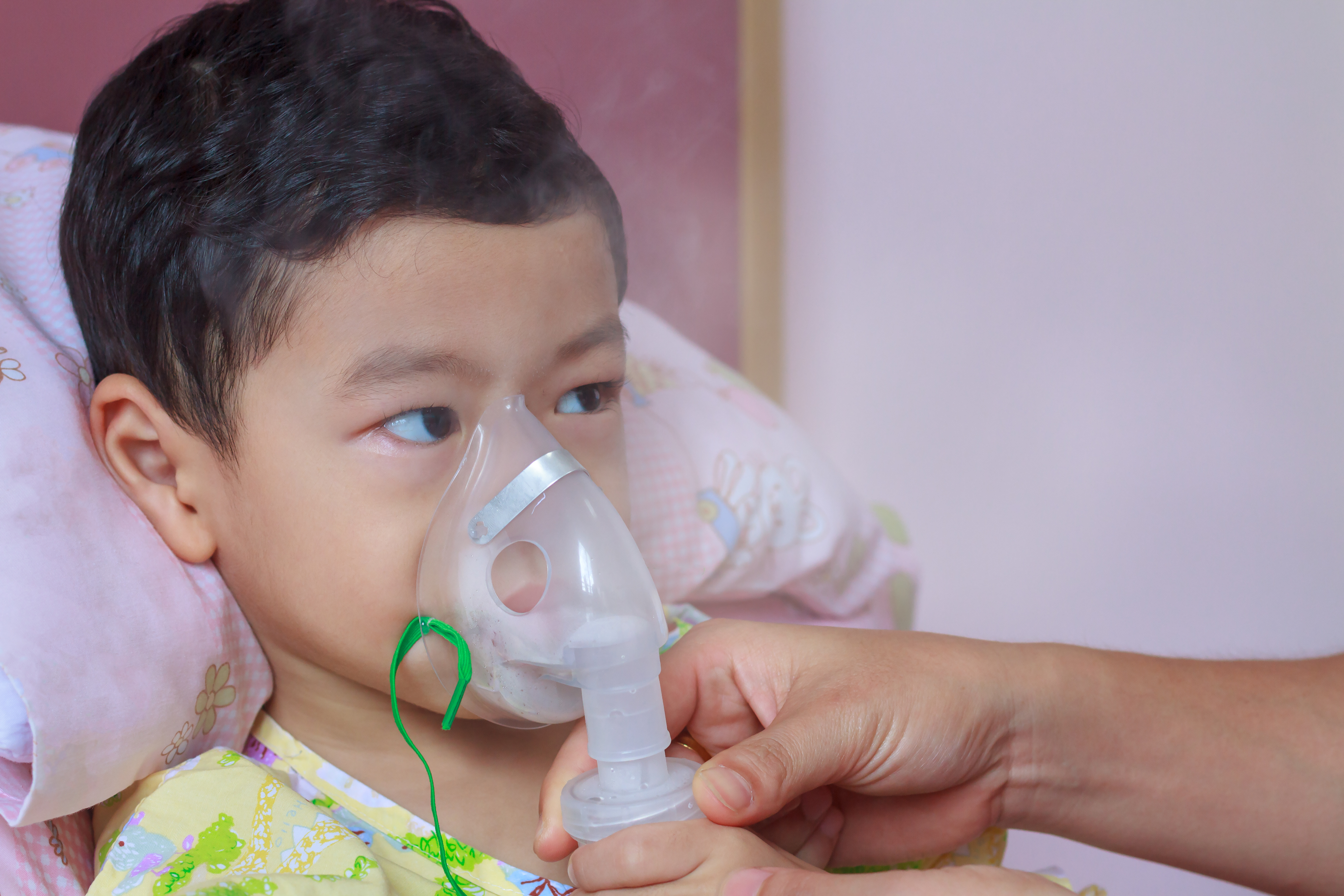Respiratory Therapists
Respiratory Therapists in the South Plains

Respiratory Therapists assess, treat, and care for patients with breathing disorders; they assume primary responsibility for all respiratory care modalities, including the supervision of respiratory therapy technicians. These therapists also initiate and conduct therapeutic procedures; maintain patient records; and select, assemble, check, and operate equipment.
Respiratory Therapists in the South Plains are typically employed by these industries:
- Hospitals
- Specialty hospitals
- Nursing care facilities
- Home health care services
- Physicians’ offices
In 2016 there were an average of 213 Respiratory Therapists working in the South Plains. This occupation is expected to grow by 21.1% in the next ten years.
Respiratory Therapists earn an average of $51,000 annually in the South Plains. Entry level workers earn approximately $41,000 compared to an average of $56,000 for experienced workers.
Education, Experience and Licensing
DEGREES
People in this career usually begin with an associate’s degree and no previous work experience.

Important Qualities
- Compassion. Respiratory therapists should be able to provide emotional support to patients undergoing treatment and be sympathetic to their needs.
- Detail oriented. Respiratory therapists must be detail oriented to ensure that patients are receiving the appropriate treatments and medications in a timely manner. They must also monitor and record various pieces of information related to patient care.
- Interpersonal skills. Respiratory therapists interact with patients and often work as part of a team. They must be able to follow instructions from a supervising physician.
- Patience. Respiratory therapists may work for long periods with patients who need special attention.
- Problem-solving skills. Respiratory therapists need strong problem-solving skills. They must evaluate patients’ symptoms, consult with other healthcare professionals, and recommend and administer the appropriate treatments.
- Science and math skills. Respiratory therapists must understand anatomy, physiology, and other sciences and be able to calculate the right dose of a patient’s medicine.



